Welcoming the 8th Cohort of Community Partner Fellows
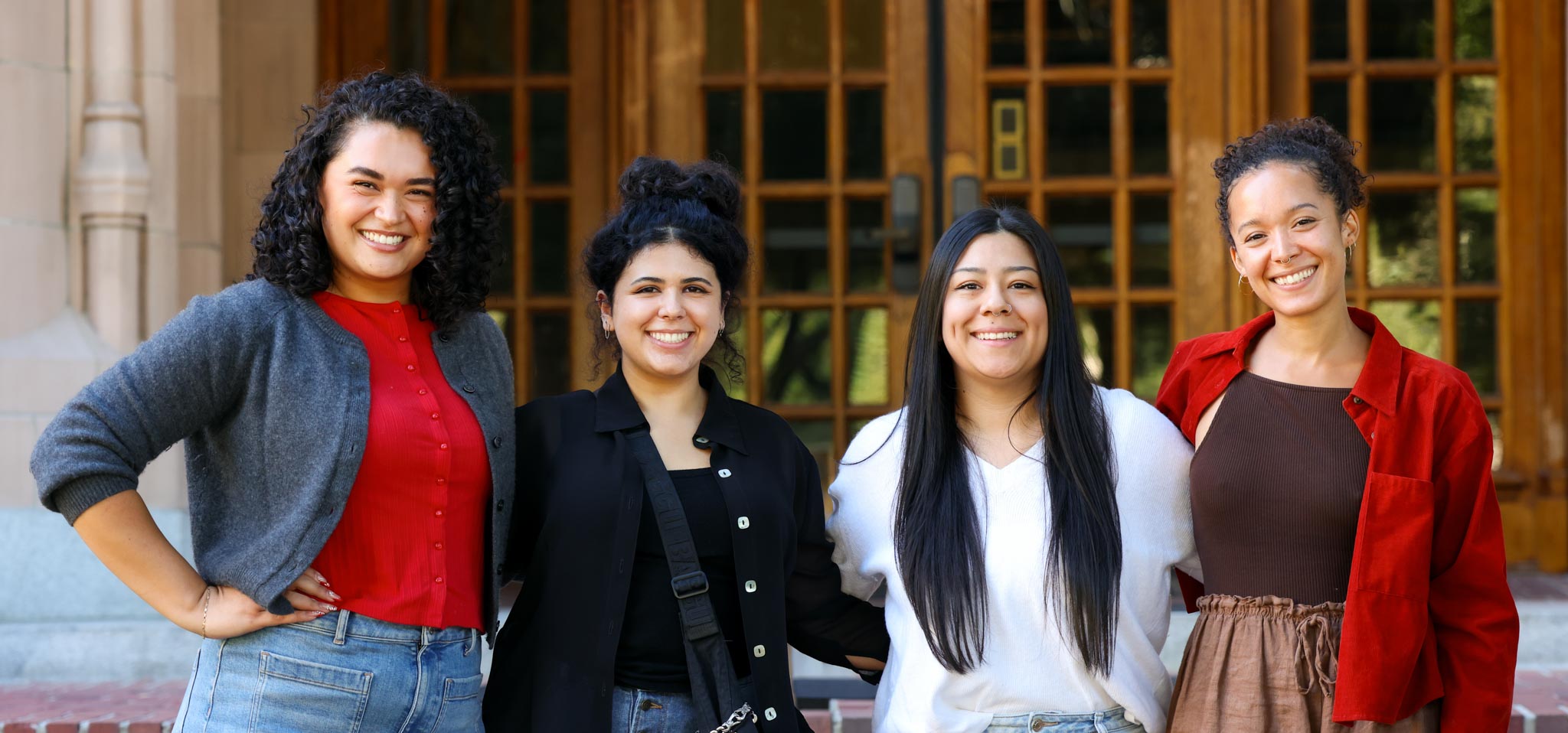
The Community Partner Fellows (CPF) program at the UW College of Education equips doctoral students with the skills and opportunities to make a meaningful impact beyond academia. Through this initiative, fellows collaborate with community-based organizations to co-create solutions that advance educational equity and expand opportunity for all learners.
Now in its eighth year, the program continues to grow a network of scholar-practitioners who bridge research and practice to strengthen communities across the region. Each fellow brings unique expertise and passion to their placement—working alongside partners to close opportunity gaps and support transformative change.
We’re thrilled to introduce our 8th cohort of Community Partner Fellows. Read on to learn more about these inspiring doctoral students and the incredible work they’re doing in partnership with their communities.
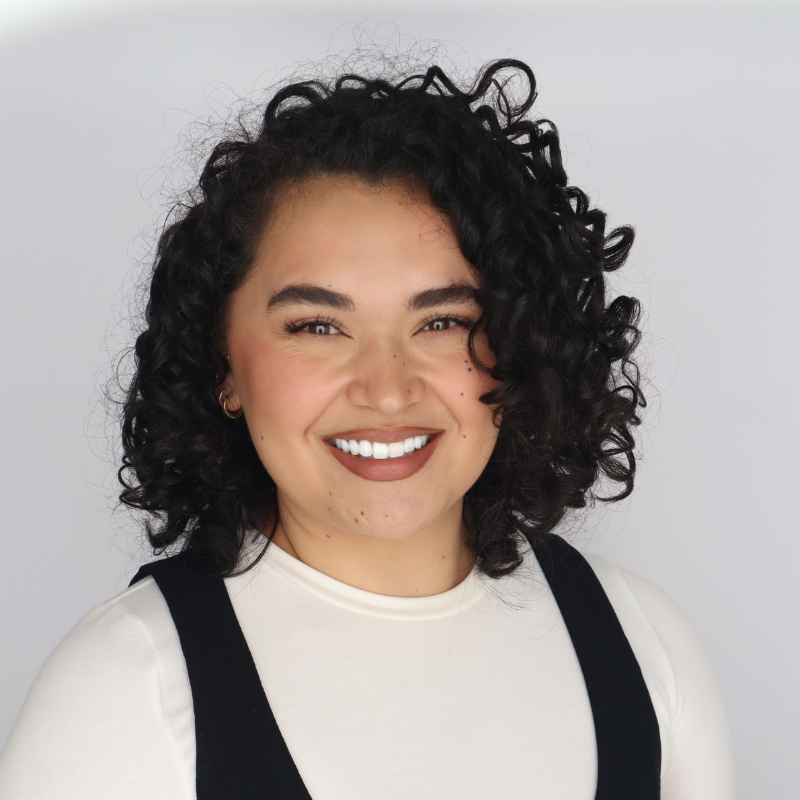
Emily Lago Anderson (she/her)
I am a first year PhD student in the Learning Sciences & Human Development program, advised by Dr. Philip Bell. My research interests focus on designing community-centered, place-based technology education for historically marginalized youth. In my day job, I am a Program Manager at Microsoft working to develop AI tools for customer support professionals — and I am passionate about opening access to professional spaces as learning environments which empower disciplinary identity development for non-dominant youth in technology. My personal experience growing up in Lakewood, WA, taught me how out-of-school, community learning provides a space for youth to imagine futures beyond their current worldview, and I hope that my work with Unite:Ed will help to build similar spaces for youth across the greater Seattle region. I’m thrilled to be joining the Unite:Ed fellowship team, and I look forward to supporting our local community!
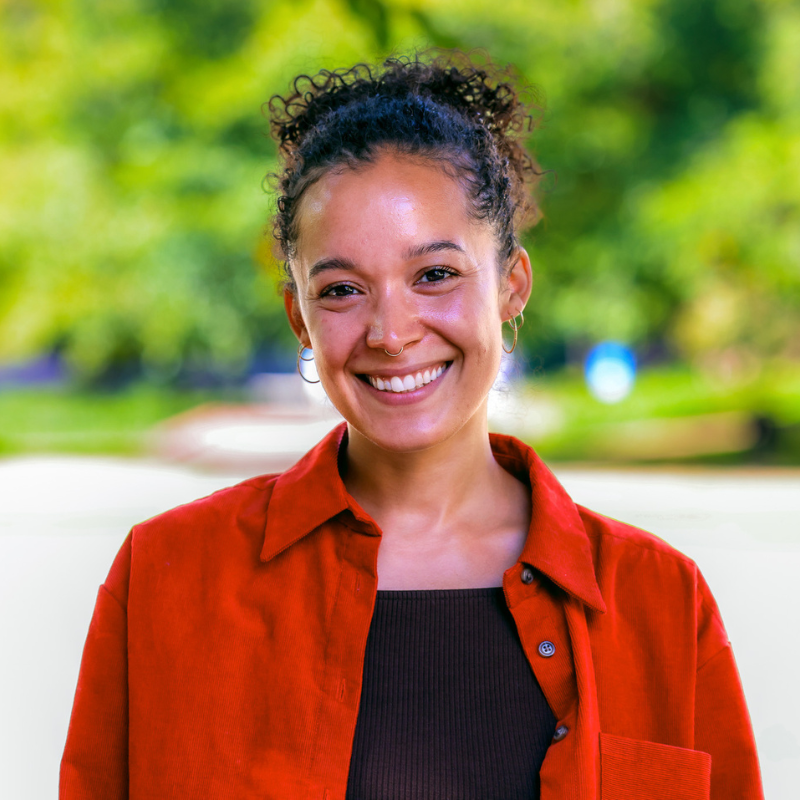
June Jackson (she/they)
I'm a PhD student in Learning Sciences and Human Development under Dr. Emma Elliott. My research focuses on how learning unfolds in contested social contexts where people — both those experiencing marginalization and those upholding exclusion — construct meaning, take action and negotiate relationships within broader processes of social transformation. I believe research is a fundamental human practice — rooted in curiosity and a desire to understand the world — that is at its strongest when done collaboratively. This makes the Unite:Ed fellowship particularly exciting, given its dedication to knowledge co-creation and the nurturing of ongoing, reciprocal relationships that honor existing knowledge and lived experience.
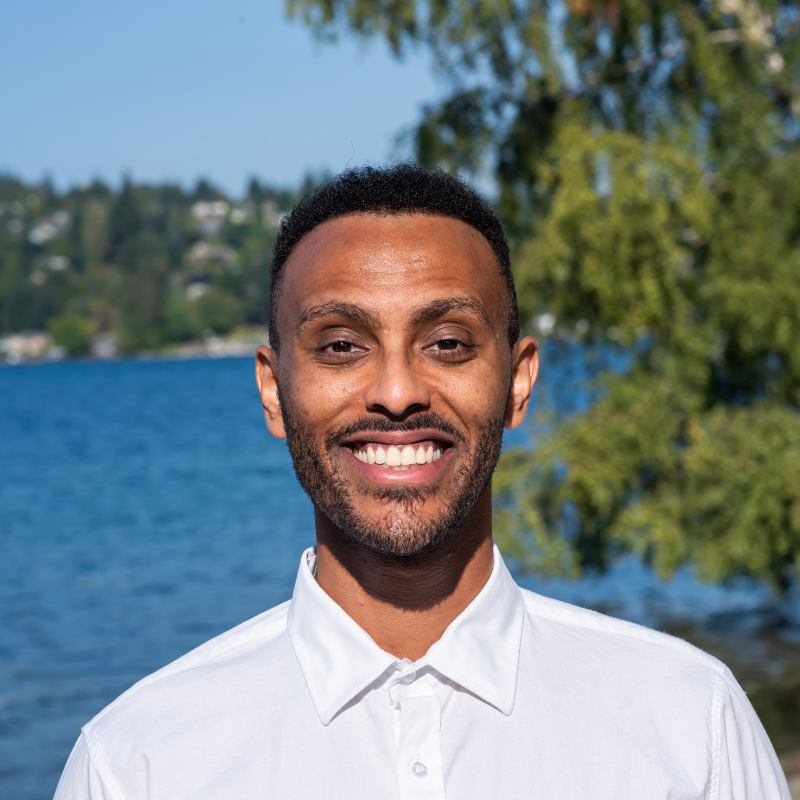
Nat Mengist (his/hers)
I’m pursuing a Ph.D. in Learning Sciences and Human Development, advised by Dr. Filiberto Barajas-López. My research interests include the phenomenology of the heart, connections between healing and materiality and multi-methodology in informal learning. I’m excited to contribute to the reputation of the Unite:Ed fellowship and to build on the work of past Community Partner Fellows who supported Treehouse. A core value shaping my work in education and community engagement came into sharper focus when Dr. Lakeya Afolalu visited my cohort in EDLPS 526: Educational Inquiry. She shared that her community members are just as qualified to produce knowledge as she is — the only difference is that she invested the time to get certified. That idea helped me articulate something I’ve long believed. Since 2016, I’ve worked in nonprofit organizations, continually translating research into partnership and practice. This insider perspective will be invaluable in serving foster youth at Treehouse. From 2018 to 2021, I worked on Megan Bang and Carrie Tzou’s NSF-funded Learning in Places study, and it’s been a joy to return to the learning sciences community once again!
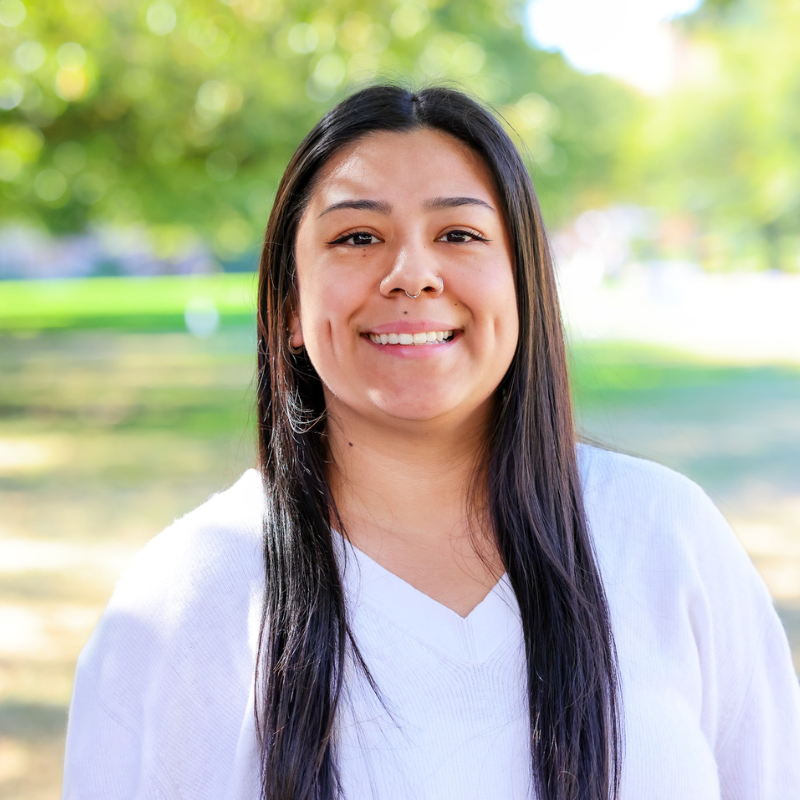
Jasmine Meraz (she/her/ella)
My current program is the Education Policy, Organization and Leadership (EDFLP) and my research interest revolve around financial retention and completion for students in postsecondary education; looking into students who may not be able to afford the sticker price of traditional four year institutions can look for other routes to jump start their careers with less financial burden as many students have different circumstances that prevent them from receiving a traditional standard education. My faculty advisor is Dr. Meredith Honig. I am most excited about the connections and networking with various community partners. As someone who has worked in the community college sector, it amazes me how many organizations are out there working towards common interest in supporting education beyond classroom success. Not being from Seattle or Washington State, it can feel like you don't have anyone to connect with, but this fellowship is supporting us in finding those connections that will make a lasting impact on us but the community in which we are in service to.
In order for me to feel connected to my work in the academic space and in community engagement there are four values that are most important to me; Honesty, Connection, Genuineness, and Commitment. Whenever I think about the spaces that I value or value me, these four values are present among those who I work with or those who I work with see in me. The importance of sticking to the mission and leading with integrity allows for the work to be the most authentic it can be. I hope that my research and work is able to provide attainable educational opportunities for students and families without loans being their only means for attaining a degree or no education being their only option. Education and success looks different for everyone, but if I am able to provide options/choice to support their goals for obtaining a career they can be successful in, then I have done my part in being an additional support for the community we are in service to.
As a first-generation student, I have navigated all aspect of higher education on my own, whether it was figuring out financial aid, applying to graduate school, how to network, ad how to land a job, all of this would have not been possible if I didn't have student support programs that saw me and my potential for success. I get to now be that person for students and the community, someone who understands these spaces that feel unwelcoming for so many, be a little more accessible to others and give them the confidence to advocate for themselves and be successful on their own merits.
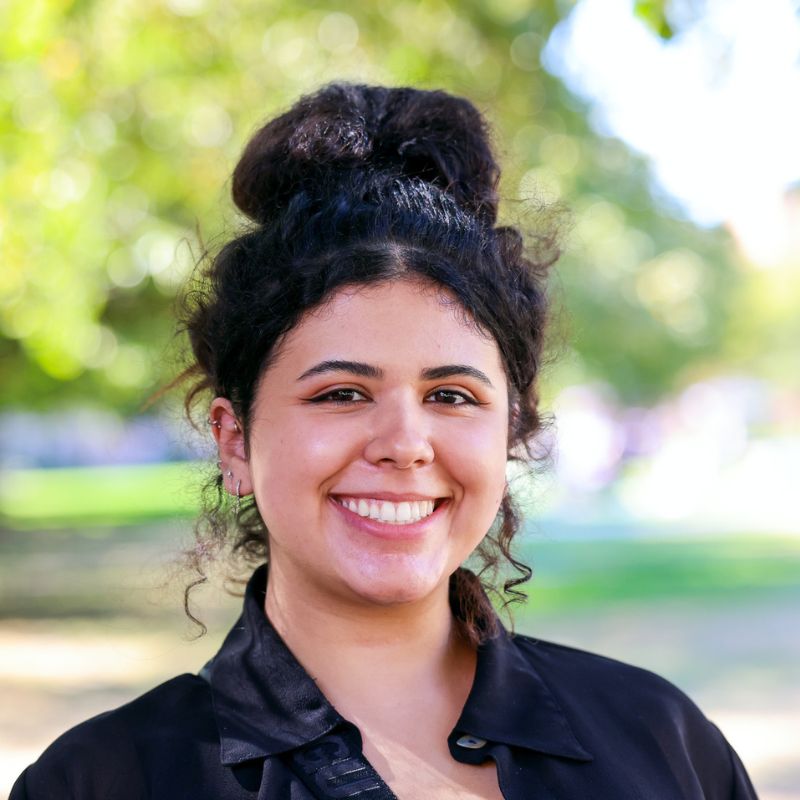
Giulia Costa Travostino (she/her)
I am in the Culturally Sustaining Education program and I am interested in researching the ways in which learning critical theory enables neurodivergent adolescents to better understand themselves and their collective contexts. I am so excited to further explore qualitative research and build connections with various stakeholders actively working towards supporting educators of color and inclusive curricula, especially in a time where much of this work has been actively silenced or quietly abandoned. I find myself continuously guided by criticality toward power structures and community care in all forms. Likewise, I strongly commit to those values, regardless of circumstance and external pressure. I hope to both deeply understand both the neurodivergent adolescents and educators of color I will serve so that any action based on my research respects their lived experiences and inherent wisdom.
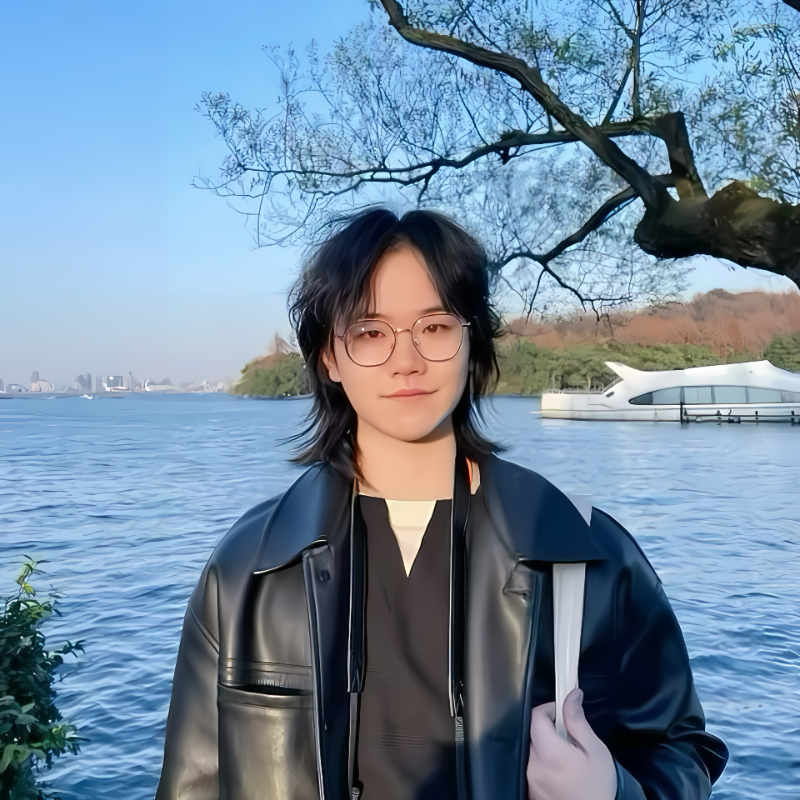
Zixie Zheng (he/him/his)
I’m a first-year PhD student in Measurement & Statistics, advised by Dr. Elizabeth Sanders. My research focuses on psychometrics, especially dealing with nested data. I am also interested in topics such as AI and social psychology. I’m most excited about embedding my research into the real challenges that communities are facing. Unite:Ed offers a rare opportunity to step beyond campus and work alongside schools, nonprofits, and educators to make sense of what the numbers actually mean. I’m particularly eager to learn how to turn research findings into usable forms, such as evaluation tools, data visualizations, or participatory processes that empower community members to engage with the data themselves. I deeply value the balance between methods and people. I believe the power of research comes not only from respecting data but also from respecting those who are represented in it. In education, we often talk about validity and equity, but I keep asking: whose voices are included in our data, and whose are missing? These questions remind me that research must be not only accurate but also inclusive. To me, cultural understanding and statistical rigor always go hand in hand.
My research focuses on understanding how educational inequities emerge across multiple levels while exploring new analytical methods for fairer data representation. I often use multilevel models to distinguish between student-, school-, and community-level factors, and conduct measurement fairness analyses to examine whether instruments function equivalently across cultural and linguistic groups. In recent work, I’ve also been experimenting with text analysis and machine learning to uncover psychological and social patterns that traditional surveys might miss. All of these methods share one goal, to make research more grounded in reality and help schools and communities see the groups and issues that are often overlooked. During my undergraduate years, I conducted fieldwork on loss and mourning, which first taught me how research and community learning can shape one another. Later, as I moved into educational measurement, I realized that the “people” behind the data never disappear—they are simply encoded as numbers. My goal during the Ph.D. is to bring those two parts back into dialogue: to use rigorous models to understand social differences, while letting lived experiences and stories re-enter the analytical frame.
